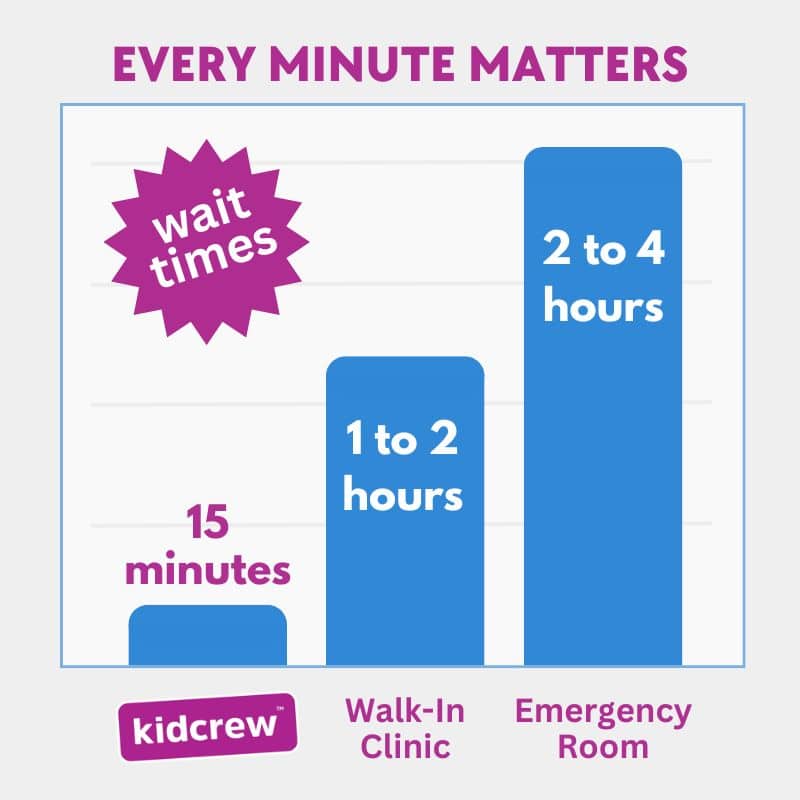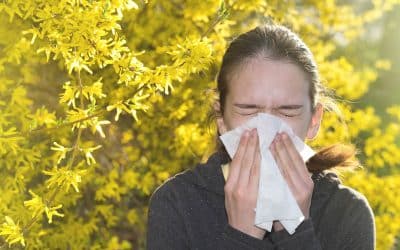Understanding and Treating Sunburn in Children
Summer brings endless opportunities for outdoor adventures, from family barbecues to afternoons at the playground. But sometimes, despite our best efforts, kids end up with painful sunburns. As the day winds down, you notice your child’s skin is bright red and blisters are starting to form. It’s time to decide if a trip to urgent care is necessary.
Understanding Sunburn
Sunburn is a common issue caused by overexposure to ultraviolet (UV) rays. While mild sunburns can be managed at home, severe cases might need medical attention to prevent complications and promote healing.
Symptoms of Sunburn:
- Redness and pain in the affected area
- Swelling and tenderness
- Blisters filled with fluid
- Fever and chills (in severe cases)
- Headache, nausea, or fatigue
Immediate Home Care Strategies:
- Move your child out of the sun and into a cooler environment.
- Apply cool, damp cloths to the affected areas or have them take a cool bath.
- Use aloe vera gel or moisturizing lotions to soothe the skin.
- Ensure your child drinks plenty of fluids to stay hydrated.
- Avoid breaking blisters to reduce the risk of infection.
When to Seek Urgent Care or ER
When to Visit Urgent Care:
- Blisters cover a large area of the body.
- Severe pain that is not relieved by over-the-counter medications.
- Signs of infection in the blisters, such as increased redness, swelling, or pus.
When to Visit the Emergency Room:
- Severe sunburn with extensive blistering and significant pain.
- Sunburn is accompanied by a high fever, confusion, or dehydration.
- If the child is lethargic, dizzy, or fainting.
“Sunburns are often a minor discomfort, but they can be dangerous. Knowing when to seek urgent care can prevent further complications and ensure your child recovers quickly.”
– Dr. Dina Kulik
For additional tips on sun safety for kids, check out my guide on sun safety for kids.
Preventive Measures:
- Apply broad-spectrum sunscreen with an SPF of 30 or higher, and reapply every two hours and after swimming or sweating.
- Dress your child in protective clothing, including a hat and sunglasses.
- Encourage playing in the shade, especially during peak sun hours (10 AM to 4 PM).
- Ensure your child drinks plenty of fluids to stay hydrated.
Prioritizing Skin Safety
Sunburns, though common, can lead to severe discomfort and health issues if not properly managed. By recognizing the signs of severe sunburn and knowing when to seek medical attention, you can ensure your child receives the care they need. Always prioritize sun protection to prevent sunburn and keep your child’s skin healthy and safe.








































